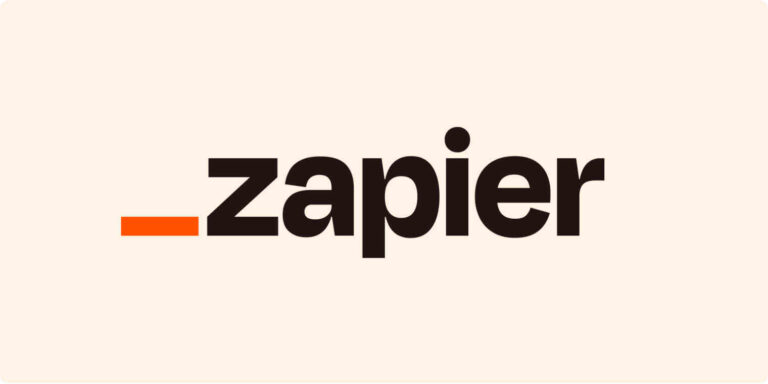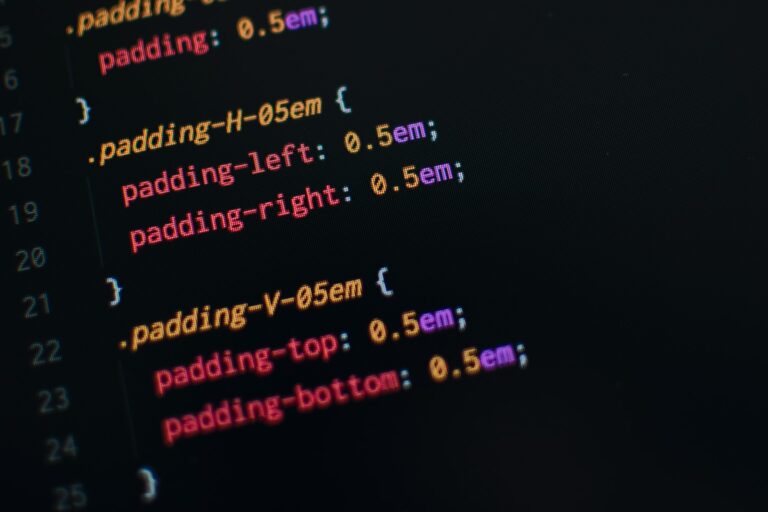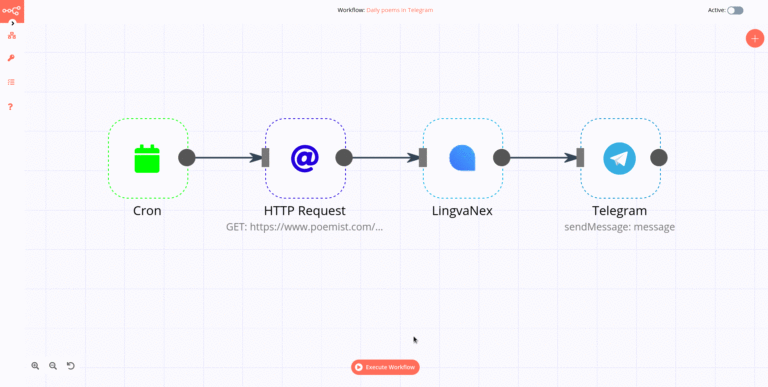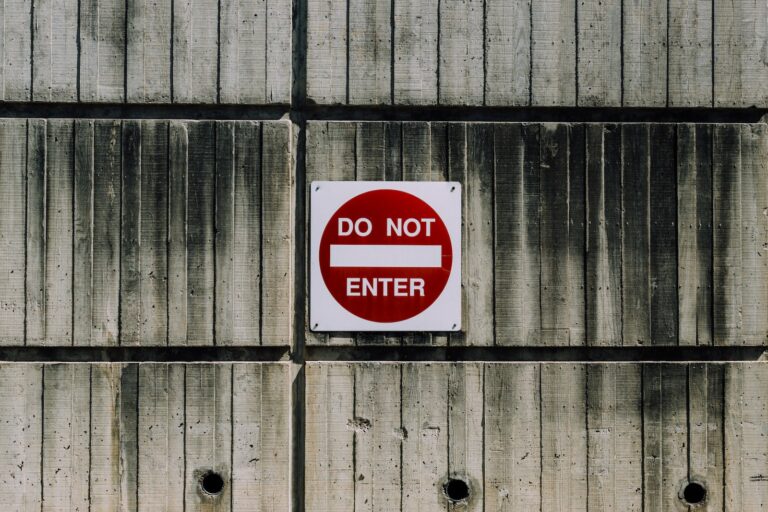What is web scraping?
Do you want to learn how to unlock valuable data from websites? Do you want to get the most out of your online research? If so, then web scraping is something you should know about. In this blog post, we’ll explain what web scraping is and provide some tips on how to use it effectively.
Introduction to Web Scraping
Web scraping is an automated method for collecting data from websites and other sources on the internet. It allows a user to extract and organize data from web pages and other online sources in an automated fashion. The data collected can then be used for various purposes, such as market research, business intelligence, or data analysis. It can also help to identify trends in the data and to identify opportunities and threats in the market. Web scraping is a powerful tool that is increasingly being used by businesses and individuals to collect data from the web in order to gain insights into their target markets.
What is Web Scraping?
Web scraping is the process of collecting and extracting data from websites and webpages. It is a form of automated data mining that utilizes specialized software to systematically extract information from webpages. Web scrapers can be used to scrape data from both static and dynamic webpages and can be programmed to extract large amounts of data from multiple websites in a short amount of time. Web scraping is used in many industries, from market research and competitive intelligence to building databases for e-commerce, web analytics, and more. Web scraping can be used to gather large amounts of public data, such as news articles, stock prices, weather forecasts, and more. It can also be used to extract business-related information such as contact information, competitive analysis, and other valuable insights. Web scraping is a powerful tool for extracting valuable business insights, but it’s important to be aware of legal implications associated with its use.
Benefits of Web Scraping
Web scraping is an incredibly powerful tool that can help you access large amounts of data from websites quickly and easily. It can be used to aggregate data from multiple sources, automate mundane tasks, and generate insights about a wide range of topics. Some of the main benefits of web scraping include:
1. Cost efficiency: Web scraping allows you to extract data from websites without having to manually copy and paste it, resulting in significant savings in time and money.
2. Automation: Web scraping can help automate mundane tasks, such as data entry and analysis, which can free up resources for more important tasks.
3. Accessibility: Web scraping makes it possible to access structured data from websites that would otherwise be difficult to obtain through other means.
4. Insightful insights: By collecting data from multiple sources, web scraping can be used to generate insights that would otherwise be impossible to obtain.
5. Scalability: Web scraping enables you to collect data at a much larger scale than would be possible with manual methods.
Overall, web scraping is an invaluable tool for any business or individual looking to leverage the power of data to gain insights and automate mundane tasks.
Types of Web Scraping
Web scraping can be divided into two main categories: manual scraping and automated scraping. Manual scraping requires a person to manually copy and paste data from websites into a file or a database. Automated scraping involves the use of software to automatically extract data from websites. Both types of web scraping have their advantages and disadvantages.
Manual web scraping is generally less time consuming and more accurate than automated web scraping, but it is also more labor-intensive and requires more skill. Automated web scraping is faster and can extract large amounts of data in a short period of time, but it is also prone to errors.
There are several types of automated web scraping tools available, including web crawlers, scrapers, and bots. Web crawlers are used to scan websites and extract data from them. Scrapers are used to extract specific types of information from websites, such as product prices, contact information, or account information. Bots are computer programs that automate tasks such as data retrieval and analysis.
How Does Web Scraping Work?
Web scraping is a process that involves extracting data from websites. The process involves fetching a web page, extracting the data from it, and then saving it in a format that is suitable for further analysis. Generally, web scraping requires programming knowledge and the use of specific software tools.
Web scraping works by sending an HTTP request to the target website. This request is typically referred to as a “crawler” or “spider”. This request is sent to the server of the website and the response is returned in HTML format. The HTML code is then parsed to extract the data that is required. This data is then saved in a format that can be used for further analysis.
Additionally, web scraping can be done using web APIs or web services. These APIs provide access to specific data on the target website which can then be used in applications. Web scraping can also be done using browser extensions or plugins that allow users to scrape data from websites without any programming knowledge.
The extracted data can then be analyzed and used for various purposes such as business intelligence, market research, and more. Web scraping can also be used to collect large amounts of data from different websites and aggregate them for further analysis.
What Are the Legal Implications of Using a Web Crawler?
Using a web crawler can have legal implications depending on how it is used. Web scraping can be considered a form of data mining, which is a process of extracting information from a large dataset. In some cases, this can be considered illegal or unethical. Depending on the country or state you are in, different laws may apply. It is important to research and understand the legal implications of using a web crawler before doing so.
In most cases, web scraping is perfectly legal as long as it does not involve any copyright infringement or the use of private data without permission. Many websites allow web scraping as long as it is done in an ethical manner and the data collected is not used for malicious purposes. Additionally, some websites or services may have terms of service that prohibit web scraping.
It is important to bear in mind that web scraping can also be used in unethical ways, such as collecting data from individuals without their knowledge and consent. This can be considered a breach of privacy, and in some cases, it may be considered illegal. It is important to use web scraping responsibly and to adhere to data protection regulations when collecting personal data.
Is web scraping legal?
Web scraping is a legal activity, provided it complies with the laws of the country where it is performed. In most countries, web scraping is not illegal as long as the data collected is used for personal use or research. If the data collected is to be used commercially, then it is best to seek permission from the website owner before proceeding. Additionally, it is important to check if the website has an automated data collection policy that forbids scraping. If this is the case, then it would be wise to abide by the policy and not scrape the website. In some instances, it might also be necessary to obtain a license or permission from the site owner before proceeding with web scraping.
Is web scraping ethical?
Web scraping can be a controversial topic due to some of the ethical considerations associated with it. The main ethical issue is related to the privacy of the users and how their data is being used. Web scraping can be seen as a violation of privacy, and depending on the circumstances, it can even lead to legal issues.
For example, if a web scraper copies and stores information without permission, then it can be seen as a breach of copyright. Additionally, if the web scraper obtains personal information without consent, then it could lead to a breach of privacy, data protection and other laws.
Therefore, it is important to consider the ethical implications of web scraping before using it. Web scrapers should always respect the privacy of users and ensure that their data is used responsibly and ethically. Furthermore, web scrapers should avoid collecting and storing sensitive or private data without the user’s consent.
If you are going to use web scraping for commercial purposes, then it is also important to familiarize yourself with applicable laws in your jurisdiction to ensure that your activities comply with them. Additionally, you should always make sure that you are not violating any terms of service or privacy policies of the websites you are scraping.
Overall, web scraping can be an incredibly powerful tool, but it is important to be aware of the ethical considerations associated with it. By understanding these considerations and taking the necessary steps to protect user privacy, web scraping can be
What are the legal and ethical issues of web scraping
Web scraping can raise legal and ethical concerns. These are largely based around the fact that it involves accessing web pages without the explicit permission of the owner. This can be seen as an invasion of privacy or copyright infringement depending on the scraping method used and the data being scraped. It’s important to understand the legal and ethical implications of using a web crawler before engaging in any scraping activities.
When it comes to legal issues, most countries have laws that protect individuals’ privacy and intellectual property rights. In the U.S., these laws are largely enforced through copyright and trademark law. In other countries, there may be additional laws that protect privacy or restrict certain types of data extraction. It’s important to familiarize yourself with the applicable laws in your country before engaging in any web scraping activities.
On the ethical side, it’s important to consider the potential impact of web scraping on websites. For example, if a website is scraping large amounts of data from another website, it could cause performance problems or slow down the website’s servers. It’s also important to consider whether the scraping is necessary and whether it could be done without causing any disruption or damage to the website being scraped.
Ultimately, it is up to individual web scrapers to consider both the legal and ethical implications of their activities before engaging in any web scraping projects. While some people may not see any issue with scraping data from public websites, others may find it unethical. That being said, a lot of new players rely on data extraction to build their cold email list.
What is web scraping used for?
Web scraping is used for a variety of purposes. It can be used to collect data from websites and compile it into a single database, which can be used for research or analysis purposes. It can also be used to monitor prices of products across different websites, or track changes in content on websites. Web scraping can also be used to extract information from social media platforms such as Twitter, Facebook, and Instagram. Additionally, web scraping can be used to collect data for market analysis, competitor analysis, and more. Web scraping can even be used to scrape job postings from job boards or other recruitment sites.
How to make money web scraping
Web scraping can be a lucrative way to make money online. With the right tools and knowledge, you can use web scraping to create a valuable data set that you can use for marketing, research, or other purposes. You can also use web scraping services to provide a service for businesses or individuals who need access to specific data.
If you’re interested in getting into web scraping, you’ll need to invest in the right software and hardware. A good web crawler will be able to crawl through any website and collect the data you need. Additionally, you’ll need a reliable computer and internet connection. Once you have the right tools, you’ll be able to start web scraping and earning money.
One of the best ways to make money with web scraping is by providing a service. You can create a service for businesses or individuals who need data from certain websites. You’ll need to be able to provide accurate and up-to-date data, so you should be knowledgeable about how web scraping works and have access to the best tools. Additionally, you should be able to provide customer service and technical support when needed.
You can also make money by selling your data sets directly on the open market. There are websites that specialize in buying and selling web scraped data sets for use in research or marketing purposes. You can also create your own website and offer your services directly to customers.
Conclusion
Web scraping is an effective way to extract large amounts of data from the web and transform it into a usable format for analysis. It offers an efficient, automated alternative to manually collecting and sorting data from multiple sources. It can be used for a variety of purposes, from general research to website optimization. In addition, web scraping is increasingly being used by businesses to gather competitive intelligence and market research.
Despite its many benefits, web scraping is not without its risks. Its legal implications are still being debated in the courts, and ethical considerations must be taken into account when using a web crawler. As with any technology, users need to understand the risks associated with web scraping and consider the potential legal and ethical ramifications of the data they’re collecting.
Despite these potential risks, web scraping remains a powerful tool that can be used to gain invaluable insights into a variety of data sources. When used responsibly and with consideration for the legal and ethical implications, web scraping can be a valuable tool for businesses looking to gain an edge in their competitive research efforts.







